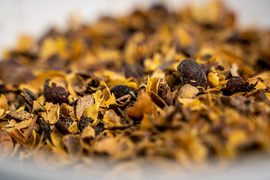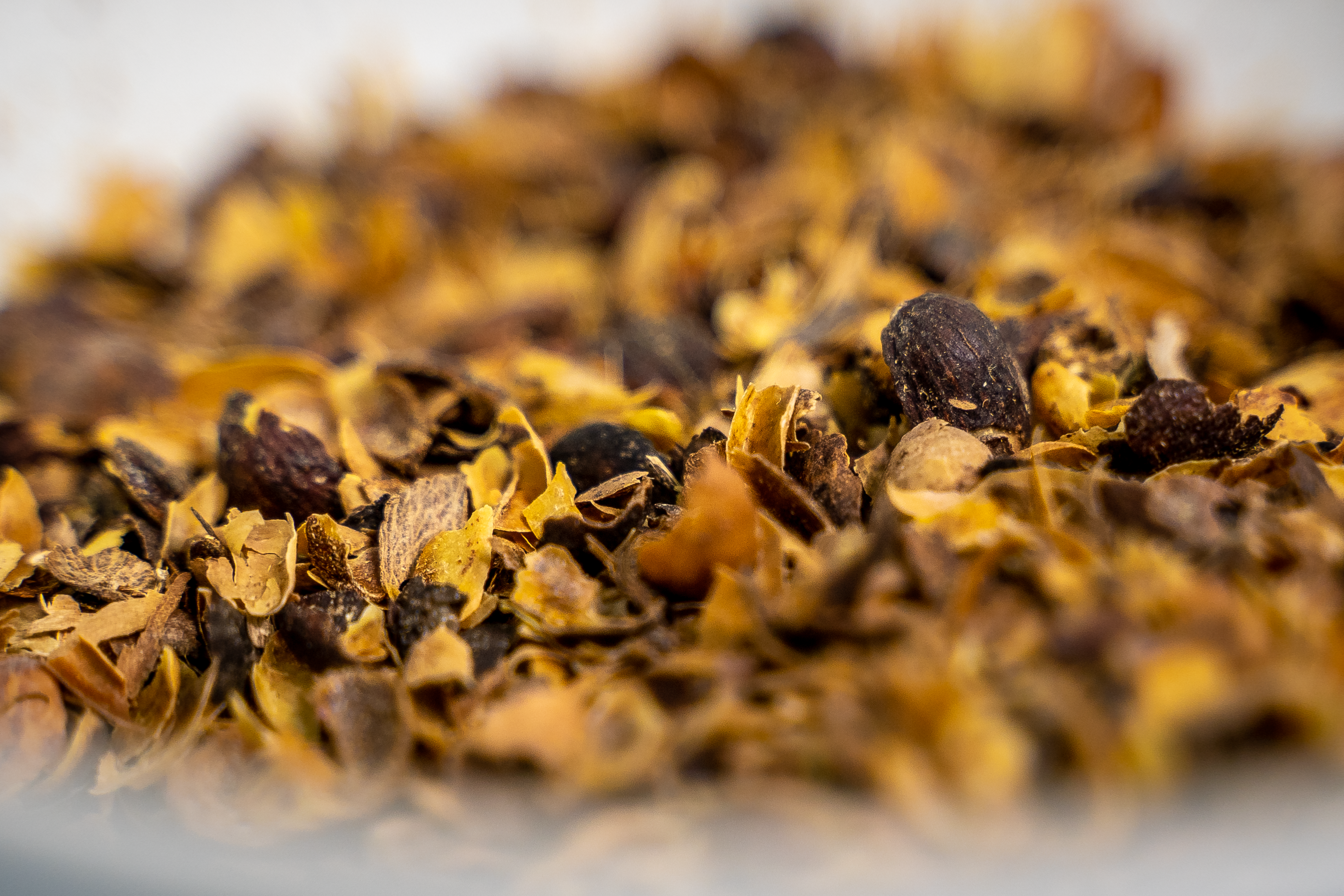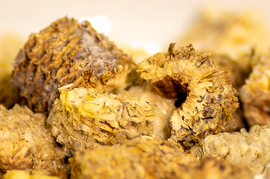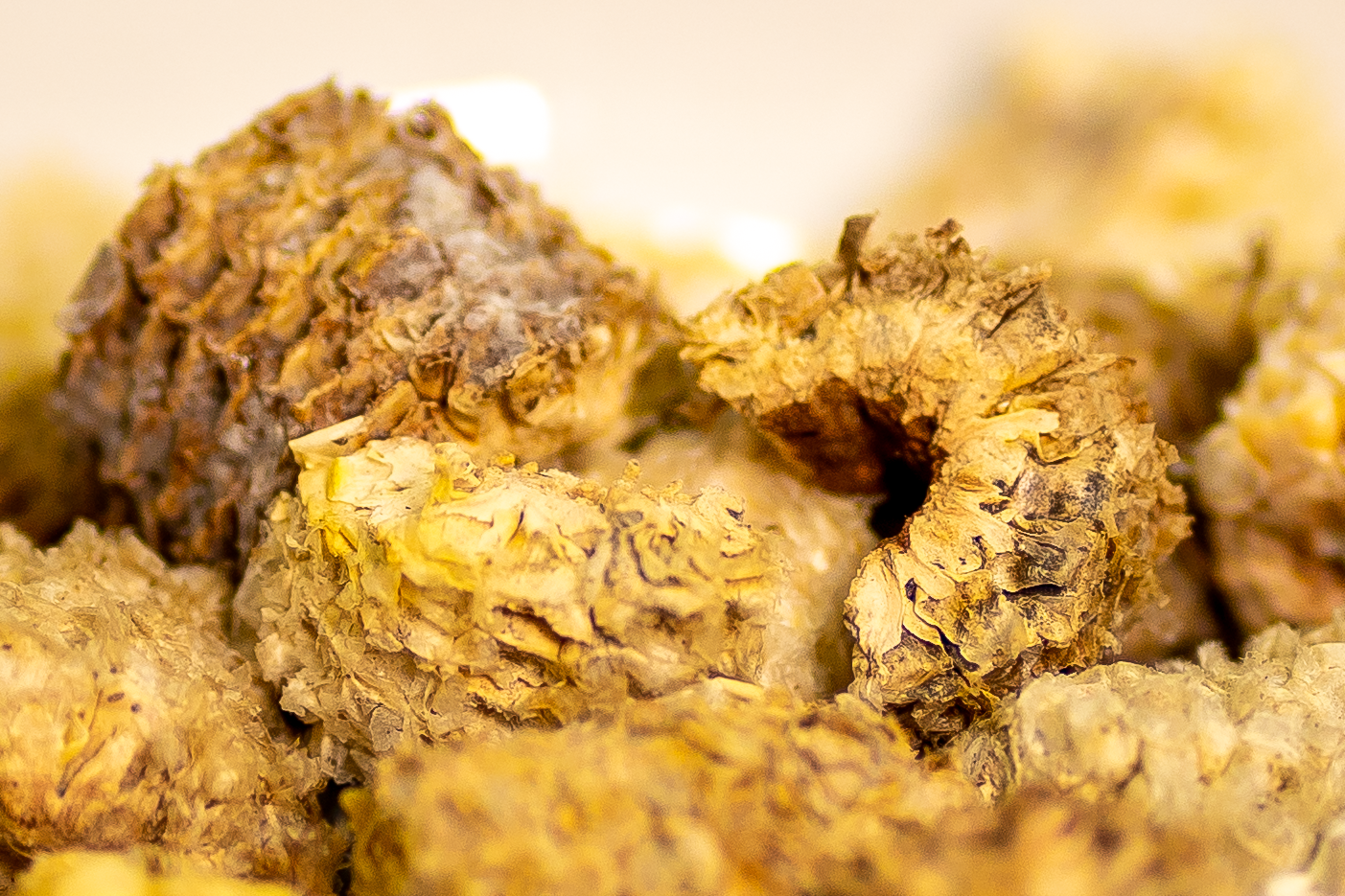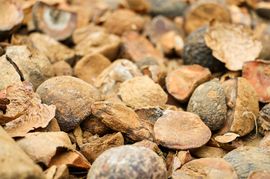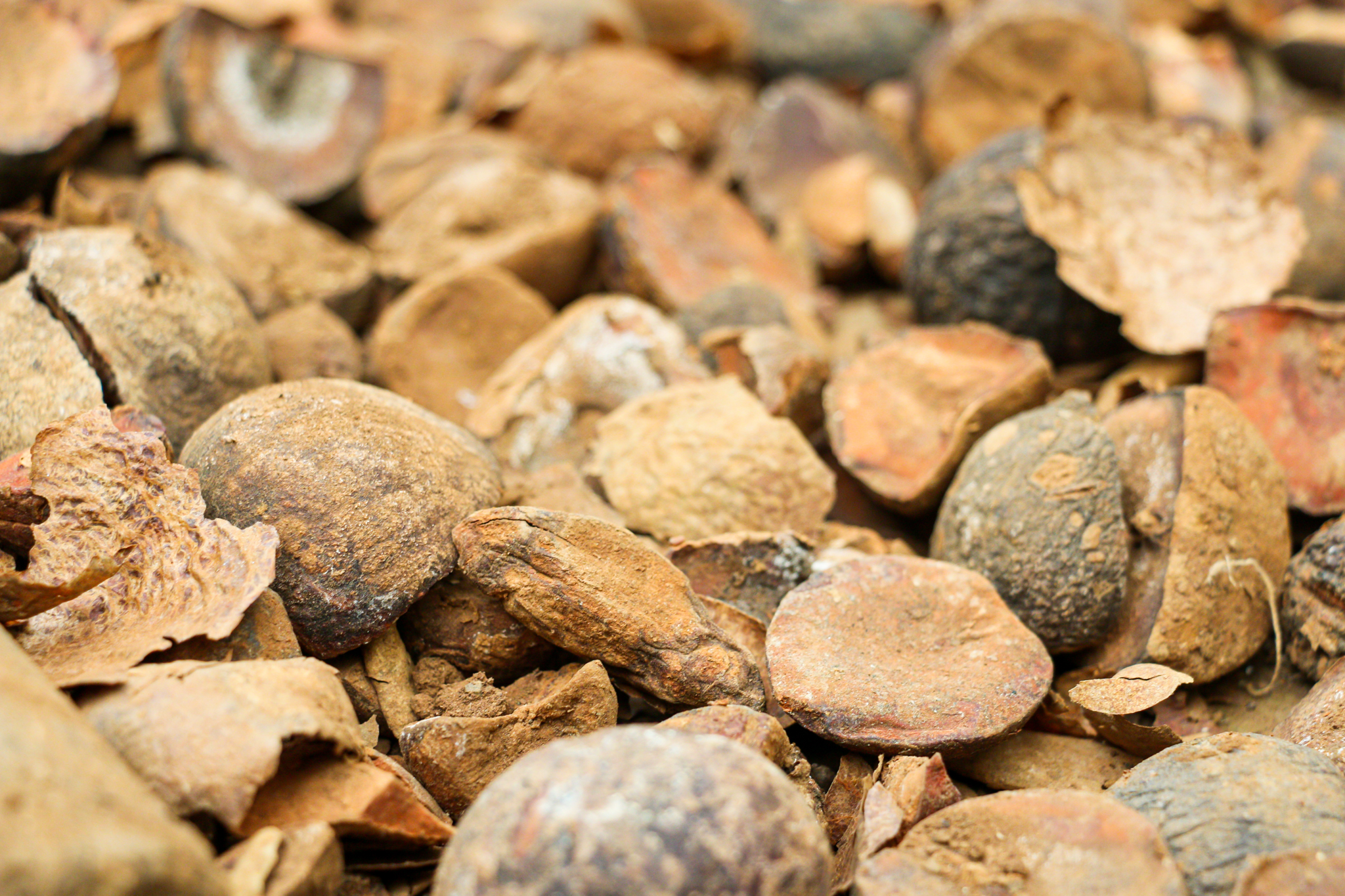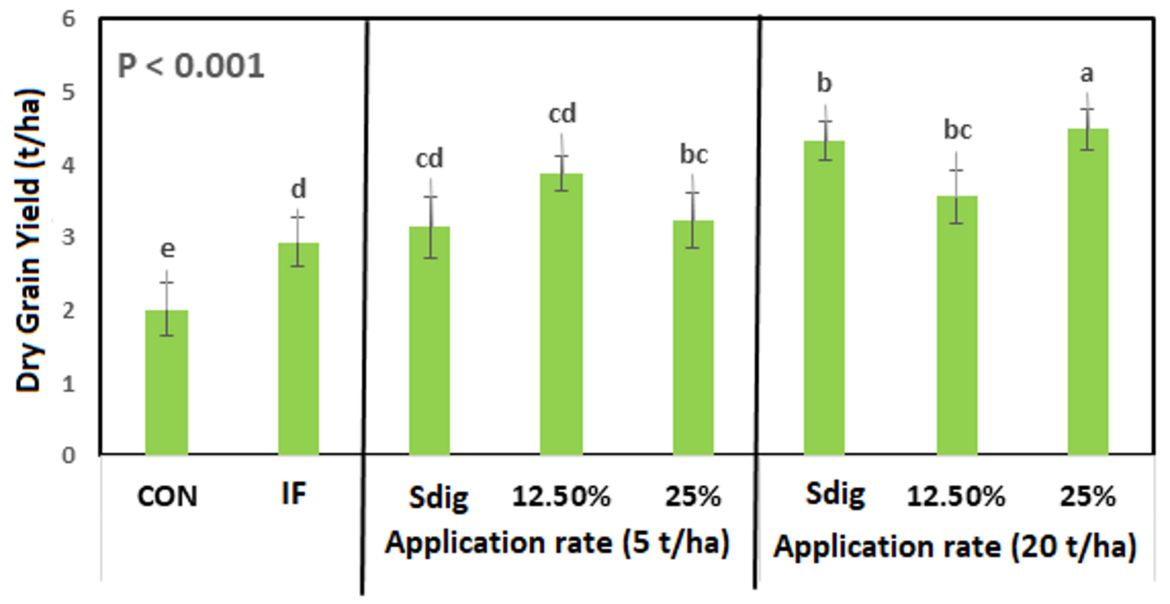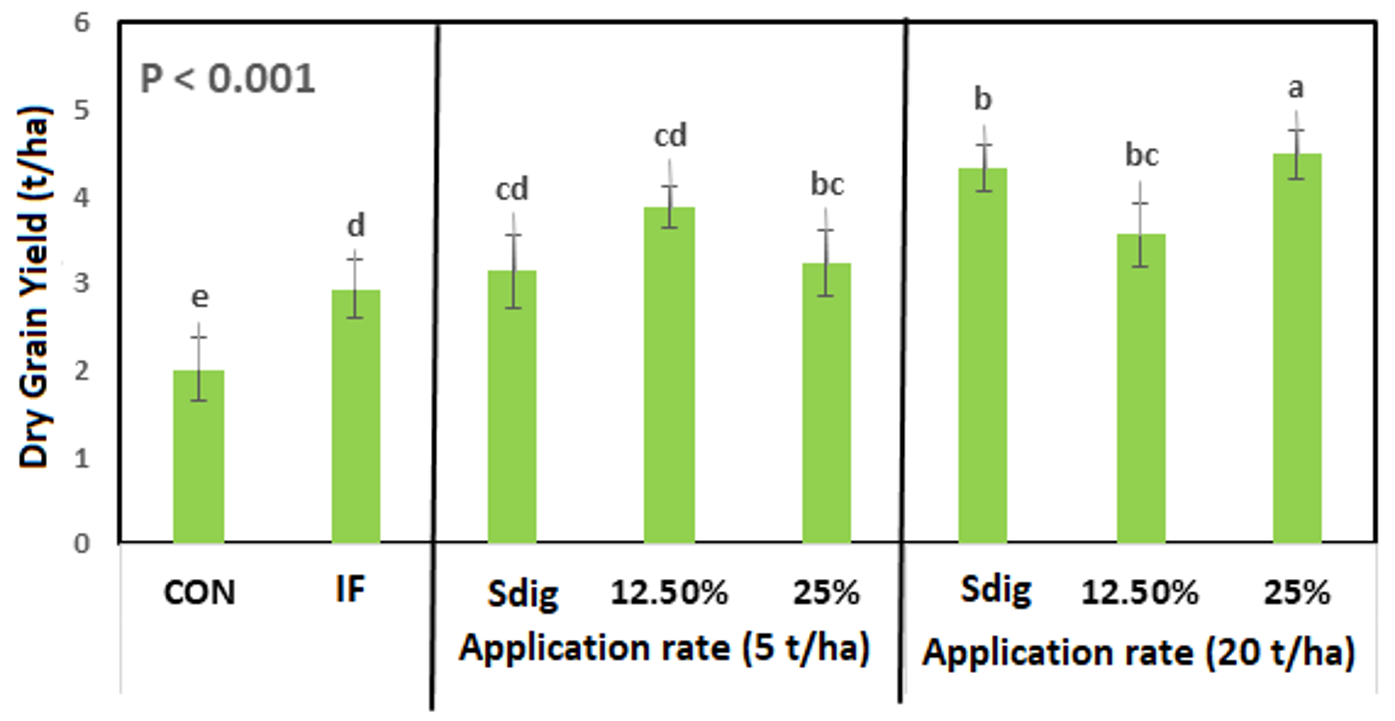ETH-Soil at EUBCE
28.06.2024
The European Biomass Conference and Exhibition (EUBCE) is the world's largest biomass conference and a meeting point for research, development and industry. This is where the latest studies and innovations are presented and ideas exchanged. This year, the 31st EUBCE took place from 24 to 27 June in Marseille in the south of France. ETH Soil participated as a project, represented by Dr. Betelhem Mekonnen, who presented partial results from the 1st ETH-Soil-Call as a poster. Titled "Ethiopia tests integrated crop residue and soil fertility management employing biochar-based fertilizer (BBF)", the results of the research teams from Ethiopia from IQQO and Jimma University has been summarised with regard to the effects of biochar-based fertilizers. Over the past year, the teams led by Tilahun and Abera (IQQO) and Abebe Nigussie (JU) have produced fertilizers using various feedstocks and formulations and tested them in the field. In addition to plant growth, the nutrient and carbon levels in the soil were also measured to gather evidence for the use of the BBFs as soil conditioners.
You can find the poster's content here:
Ethiopia tests Integrated Crop Residue and Soil Fertility Management employing Biochar Based Fertilizer (BBF)
Betelhem Mekonnen1*, Burkhard Wilske1, Tilahun Abera2, Konrad Siegfried1, Abebe Nigussie3, Alemayehu Regassa3, Reta Worku2, Milkiyas Ahmed3, Amsalu Nebiyu3, Tilahun Firomsa2, Abdurahman Husien2, Gebeyanesh Worku3, Amante Lema2, Amsalu Tilahun3, Merkeb Getachew3, Kefyalew Assefa2, Bayu Dume3, Getachew Eshete1
Introduction
Agricultural practice in Ethiopia is highly challenged by organic matter depletion, erratic rainfall and soil acidity. Biochar-based fertilizers (BBF) produced from residual biomass like coffee husk, corn cobs or Avocado seeds (Fig.1) co-composted with nutrient rich materials like digestate, vermicompost or bio-slurry can support the integrated soil fertility management practices in Ethiopia.*
Methodology
- Within the ETH-Soil project different options for BBF production and application are implemented.**
- Experiments (field and pot) have been performed in Ethiopia to identify suitable BBF formulations.
- Improvement of soil properties and crop yields were studied employing BBF based on coffee husk biochar and either solid digestate or bio-slurry.
Results
- BBF application (coffee husk biochar + digestate) during field tests increased grain yield of wheat by 45−95 % compared to the control and by up to 25 % compared to chemical fertilizer (Fig.2).
- Increase in BBF application rate resulted in further improvement in soil organic carbon, pH, available phosphorus, total nitrogen, and CEC.
- Similarly, BBF based on coffee husk biochar and bio-slurry positively influenced the growth of sorghum.
Fig. 2: Effect of biochar and digestate treatments on dry grain yield of Wheat: CON=Control, IF= Inorganic fertilizer, Sdig= Solid digestate alone, 12.5% = 4:1 ratio of solid digestate to biochar on a dry basis, 25% = 2:1 ratio of solid digestate to biochar on a dry basis. Different letters indicate significant differences (Nigussie et al. unpublished)
Conclusions and outlook
- BBF is a promising cost effective alternative to inorganic fertilizers in terms of sustainable soil fertility and crop productivity.
- BBF provides a long-term multipurpose use of underutilized waste biomass for soil amelioration.
- ETH-Soil assists Ethiopian agricultural authorities in the adoption of BBF into the ISFM toolbox by providing evidence to their decision basis through different field trials being undertaken in Oromia and SNNP regions.
Resources:
*Seitz, T., Meyer, S. and Glaser, B. (2016) 'Potential Analysis of Biochar Systems for Improved Soil and Nutrient Management in Ethiopian Agriculture. Report 1: State of the Art of Biochar Systems in the Tropics with a Focus on Sub-Saharan Africa (2016)‘.
**ETH-Soil: Soil improvement in Ethiopia through the energetic and material use of agricultural residues. https://www.dbfz.de/en/eth-soil/start
1DBFZ Deutsches Biomasseforschungszentrum
2IQQO - Batu Soil Research Centre (SRC), Batu-Ziway, Oromia, Ethiopia
3Jimma University − College of Agriculture and Veterinary Medicine (JUCAVM), Jimma, Oromia, Ethiopia
